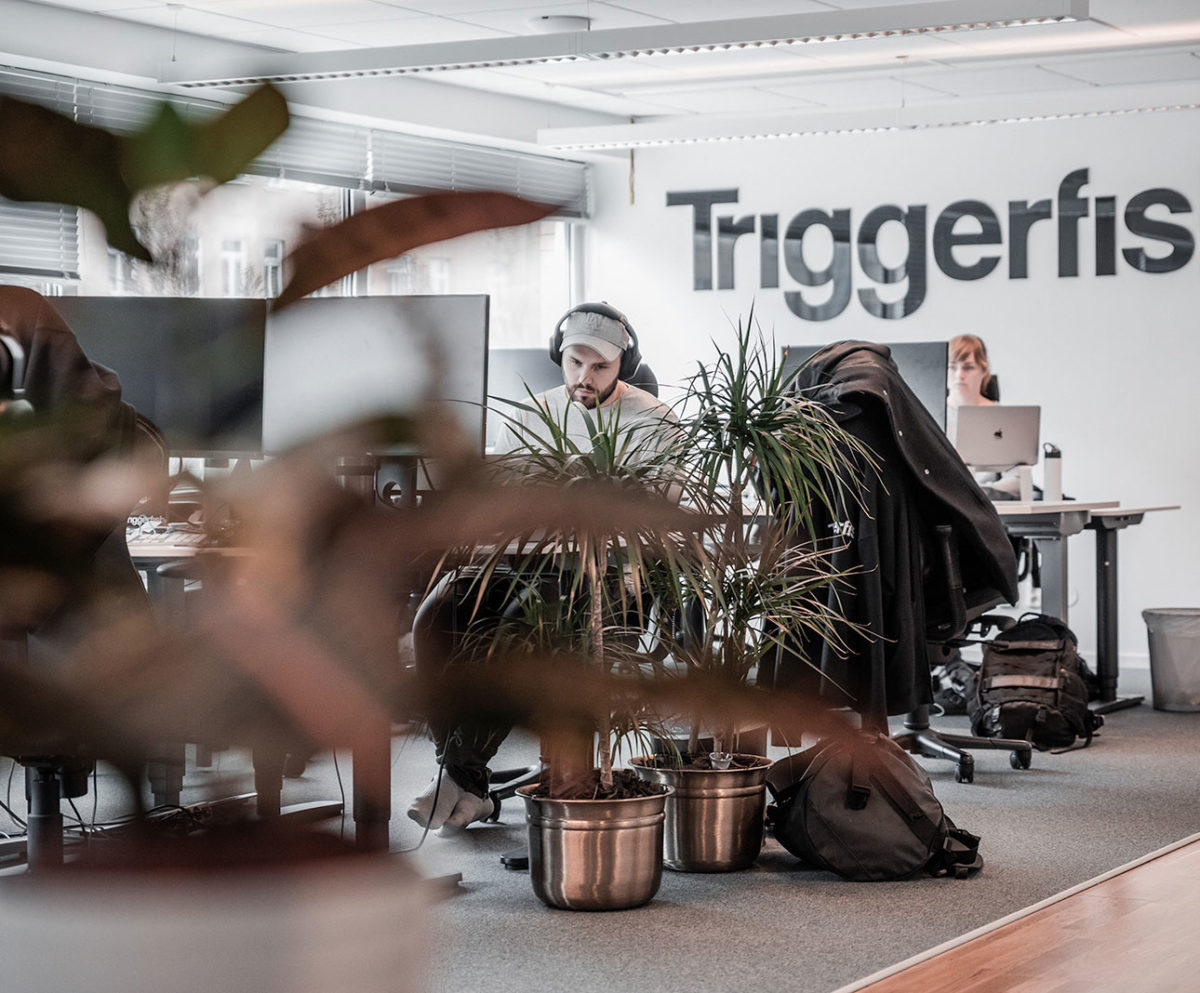Making sure your website is following page speed best practices is important for the following reasons:
It provides the best user experience
The biggest reason people are leaving your slow website is because it is significantly reducing user experience. Many of your users don’t have the time and patience to deal with a slow-loading website because they are looking for solutions fast. And the problem is compounded when they have to jump from page to page.
We ensure fast load times so your visitors get the best user experience imaginable. That way, they don’t leave your website for a faster one.
Google page speed is a ranking factor
Page speed ranking factor google is a pretty big deal. Google prides itself in providing users with the best online experience. Considering that the lack of page speed optimization is bad for user experience, Google will penalize your website for being slow.
Google page speed optimization is the gift that keeps on giving
The more people stay on your website the more they are likely to perform the desired action. Not only that, if Google “sees” that people are spending more time on your website, it will deem it relevant. This means your website’s ranking will increase, more people will visit it and you will get more conversions.
All this creates a cycle, making it a gift that keeps on giving!



